Imbibed in the culture of South India is the pride festival of Tamil Nadu, Jallikattu. Like all the festivals that pour magic in your holidays in Tamilnadu, the cultural festival of Jallikattu has its own authenticity. Celebrated in the month of January on the third day of Pongal festival, Jallikattu is a bull taming traditional sport played in villages of Tamilnadu. The sport is played in an open ground where a bull is let loose amid hordes of people who try to control the bull by piling on its hump or horns. Tourists from all over the world travel to witness this festival as Tamils consider Jallikattu as a symbol of dignity of its outstanding culture and hence is engraved in the pages of Tamil history. With that being said, this popular festival of Tamilnadu has its special mention in Dravidian Literature as well and got its name from the tamil words 'jalli' which means gold or silver coins and 'kattu' meaning tied; which means that whoever tames the bull wins the silver or gold coins that are tied to the horns of the bull. Furthermore, the bulls that win in the festival are used for breeding and also bag the highest price in markets.
Brief History of the Festival
Possessed by the Tamil classical period, this traditional sport emerged in 400 BC -100 BC, and was enjoyed by the people who lived in the Mullai division of prehistoric Tamilnadu during that era. With passing time, to encourage people to participate in the festival a prize money was introduced and was given to those who showcased grit.Till date, the National Museum in New Delhi preserves the seal that belonged to the Indus Valley Civilization representing the sport. And that's not all as there's even a white kaolin coloured cave painting that picturises a man attempting to control a bull was found near Madura and is believed to be 1500 years old. As for those who think every festival is linked with legends, there is a popular myth related to Jallikattu as well that revolves around how Lord Shiva asked his bull Basava to convey two messages which the bull ended up twisting and saying it the other way. It is said that Basava was asked to tell humans to take an oil bath daily and to consume food once a month for six months. Instead he conveyed them to consume food daily and take an oil bath once in a month. This chaos agitated the divine deity and he cursed the bull to help mankind in cultivating their fields.
Duration of the Festival
This is a one-day festival that is celebrated on the third day of the famous cultural festival of Tamilnadu, Pongal. On the day of Mattu Pongal, which mostly falls between 13-14 January and 17 January every year, this bull taming sport is organised in the villages of Tamilnadu.
Highlights/Rituals of the Festival
- Jallikattu owns its name from the Tamil words 'Jalli' and 'Kattu' which mean silver, gold coins and tied respectively. This concept is incorporated in the festival where gold and silver coins are tied on the horns of the bulls and whoever tames the bull takes the price.
- This traditional sport was first played by the Ayars (ethnic groups of India) of Tamil classical period in 400-100 BC. Later it appeared as a platform for people to showcase courage and strength who in turn were rewarded.
- Jallikattu is the pride of Tamil culture and is celebrated in the 10th month which is January as per the Tamil calendar.
- It is a one-day event which is celebrated on Mattu Pongal, the third day of the famous Pongal festival.
- The festival involves the taming of a bull who is let loose on a crowd of people who try to hold on to the hump of the bull for as long as possible.
- This festival is celebrated in the villages and is a source of cultural tourism in Tamilnadu.

























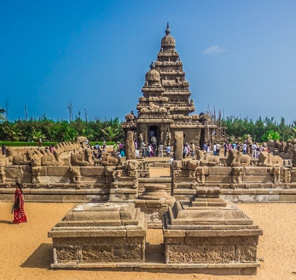
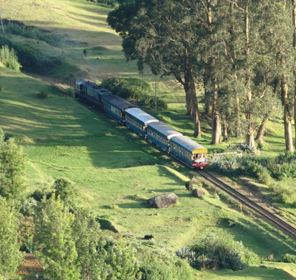
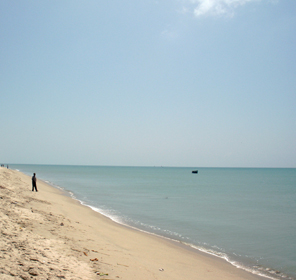
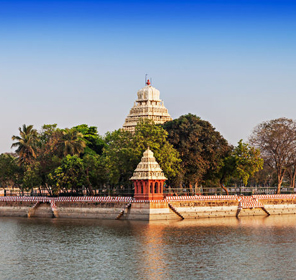
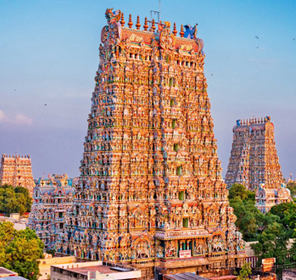
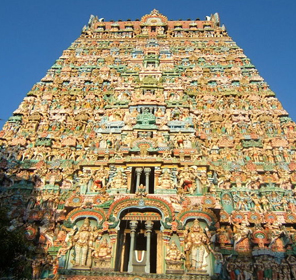
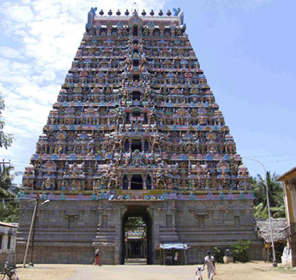
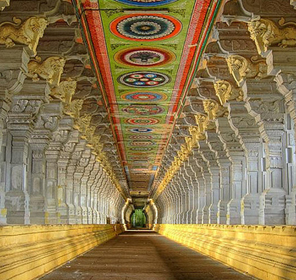
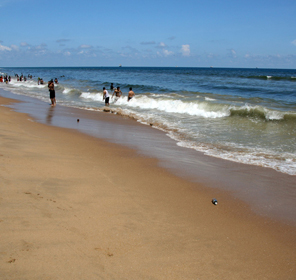
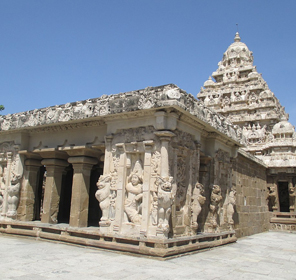
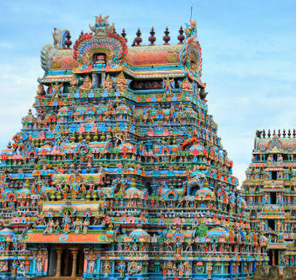
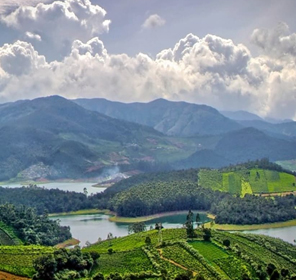
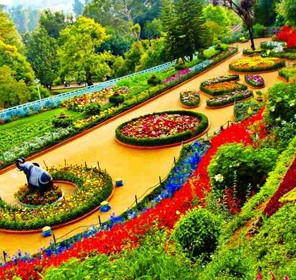
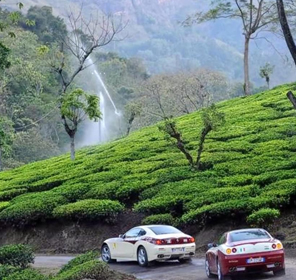
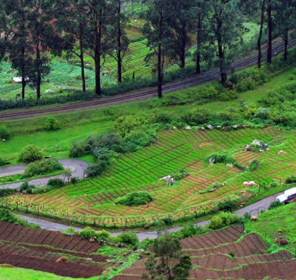
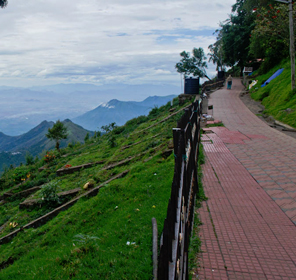
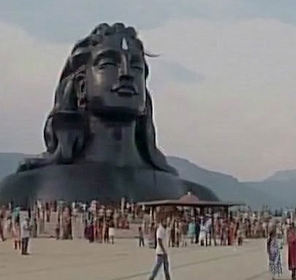
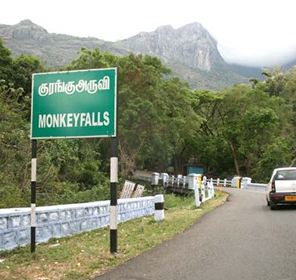
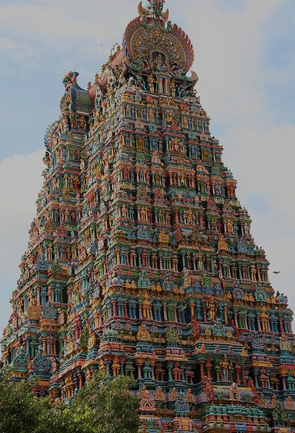
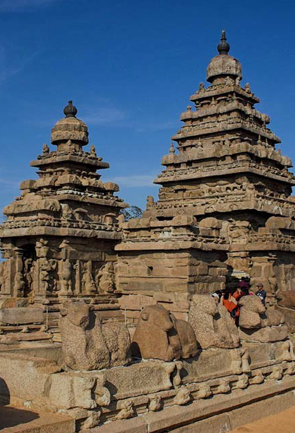
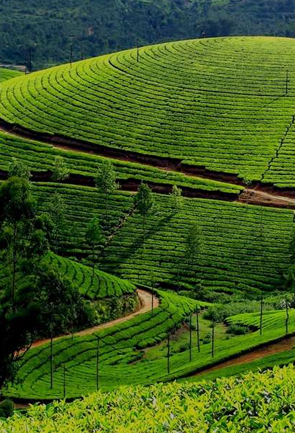

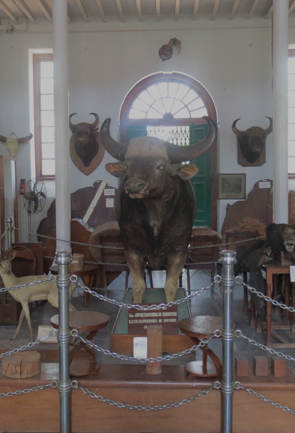

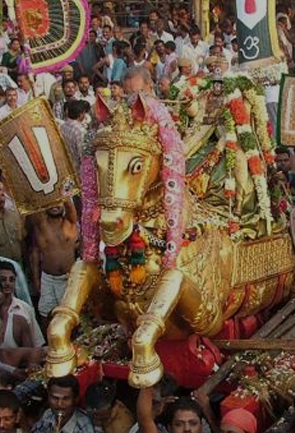




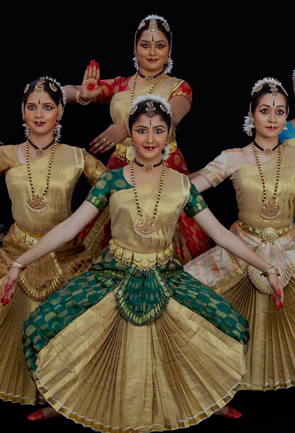

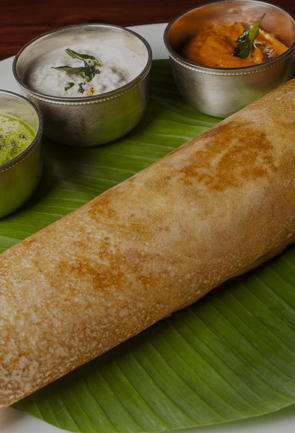


 Packages
Packages